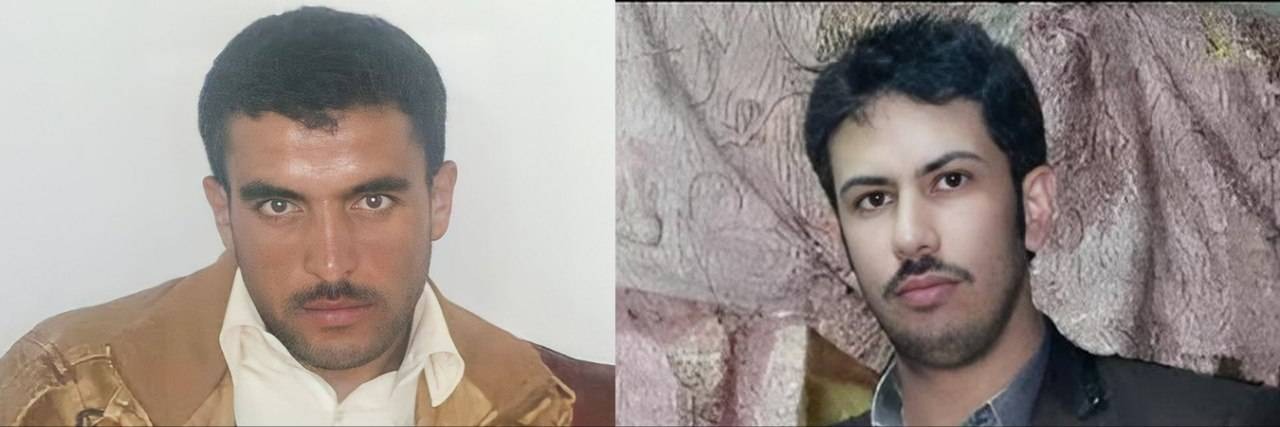
In a precedent and a serious development in the file of executions in Saudi Arabia, the European Saudi Organization for Human Rights received intersecting information from several sources that confirmed secret executions in prisons, without publishing an official statement as usual.
The information indicated that detainees in different prisons, including Tabuk prison, accused of drug-related crimes, were executed, and distributed among several nationalities.
On 29 December 2022, Muhammad Moqbel Al-Wasel and Shaja’a Salah Jamil, who were detained in Saudi Arabia, called their families in Yemen, where they were informed that they are in the execution arena and would soon be executed. According to the family, Al-Wasel had travelled to Saudi Arabia to work at the age of 15, and the family did not know any details about the reasons for his arrest and the course of his trial. The two families confirmed that the Saudi government refused to give any information about the circumstances of the execution and that they had not received any information about their wills, personal belongings, or the fate of their bodies.
No statement by the Saudi Ministry of Interior or official information about the two executions was monitored, which indicates a change in the Saudi government's usual practice of publishing about the executed death penalties.
And Saudi Arabia resumed the execution of death sentences for drug crimes on November 10, 2022, after suspending it for two years and 10 months, and after the official Human Rights Commission had announced this suspension in January 2021 in a statement. From November 10 to November 23, Saudi Arabia executed 20 people for drug crimes, at an average of one and a half executions per day, and official data was published about that. In 2022, the number of executions announced by the Ministry of the Interior reached 147. In light of the intersecting news from several sources, fears multiplied that the number would be higher with the possibility of Saudi Arabia carrying out executions secretly, without any official announcement.
There is a lack of transparency in the Saudi government's dealings with the file of executions, and therefore it is not possible to know the number of individuals who face death sentences in prisons. However, information confirms that there are dozens sentenced to death on drug-related charges, including the Jordanian Hussein Abu al-Khair, who is facing a final sentence. ESOHR has also monitored at least 62 cases in which detainees face death sentences, including 8 minors, defendants in opinion cases, and political detainees.
ESOHR believes that Saudi Arabia's usual approach and recent information raise serious concerns for the lives of threatened detainees, and considers that secret executions if confirmed, raise the bloody violations to another unprecedented level. The organization also expresses its fears that secret executions are a prelude to wider violations in complete disregard of international criticism.
